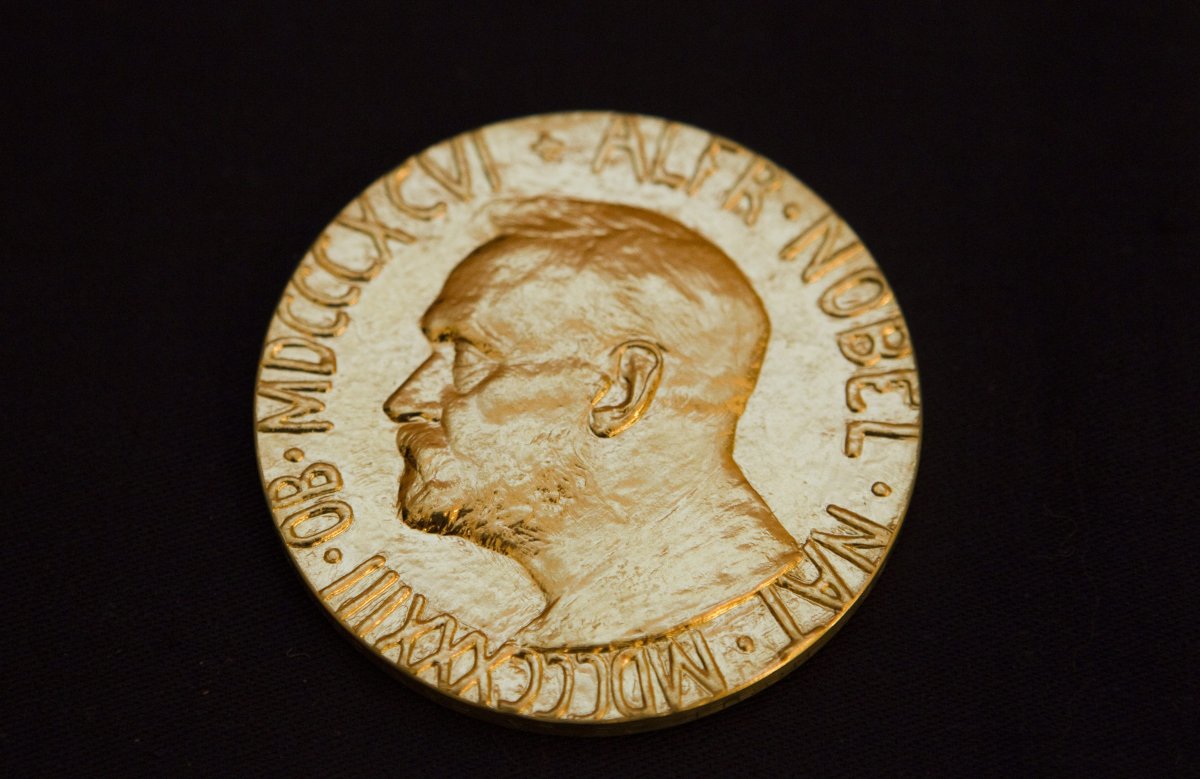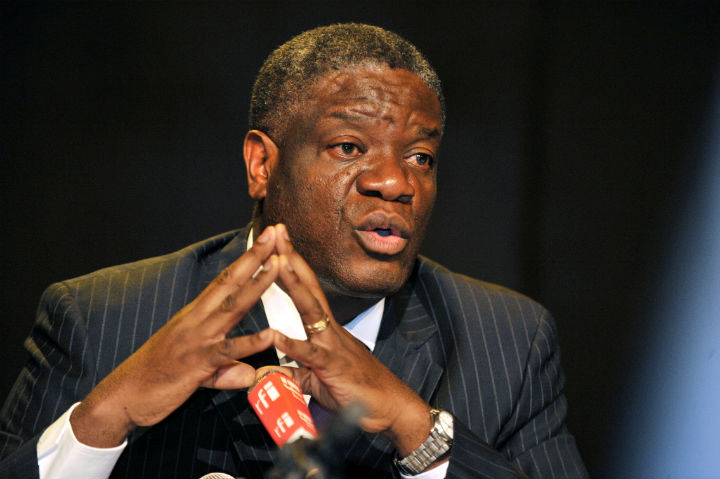There was some surprise and disappointment Friday for those closely following the announcement of the Nobel Peace Prize.

The prize went to The Hague-based chemical weapons watchdog Organization for the Prohibition of Chemical Weapons (OPCW).
READ MORE: What is the OPCW and what does it do?
The 16-year-old organization enforces the dismantling of chemical weapons and currently has a team of 27 people taking on the task of documenting Syria’s recently-declared stockpile.
Syria is set to join 189 OPCW member nations when it becomes an official member next week. The United Nations authorized a plan to destroy Syria’s chemical weapons by mid-2014.
So the Nobel announcement is not only based on the organization’s noteworthy work, it’s also timely.
But much of the hype was focused on another 16-year-old: Malala Yousafzai.
READ MORE: Why Malala Yousafzai was favoured to win the Nobel Peace Prize
The Pakistani girl, who stood up to the Taliban on the issue of education rights for girl and was shot by one of the Islamic group’s militants one year ago, has been honoured repeatedly for her activism, receiving the European Union’s top human rights prize on Thursday.
With all of the focus on the organization that won and the girl who did not, the honorable work of other individuals and groups known to be nominated might not be on everyone’s radar.
Global News takes a look at three of the record 259 nominees who were among the top contenders for the prize and the honorable work they have done.
Denis Mukwege
Odds-makers placed Dr. Denis Mukwege behind Yousafzai on their list of those tipped to be contenders for the top honour. Mukwege founded the Panzi Hospital in his home country of the Democratic Republic of Congo.
The 58-year-old gynecologist and chief surgeon at the Panzi Hospital in the conflict-ridden Kivu region is renowned for his treatment of approximately 40,000 rape victims.
“The most important effect besides recognizing his role would be to turn the eyes of the international community to the conflict in the Congo,” historian Asle Sveen told Bloomberg earlier this week.
Mukwege has previously been honoured with the 2013 Right Livelihood Award and the 2008 UN Human Rights Prize for work and advocacy on behalf of women and girls who have been gang-raped by rebels.
Watch: Dr. Denis Mukwege’s address to the United Nations during the 67th General Assembly
Democratic Voice of Burma
In its early days, the group of Burmese expatriates (in exile) running DVB originally relied on shortwave radio to reach those living under the rule of military junta. But in 2005, the group began using satellite TV signals to broadcast footage smuggled out of the country.
In 2007, when the military regime cracked down on pro-democracy protesters and demonstrations led by Buddhist monks, DVB was one of the few organizations that was able to cover the movement and the violent government response.
Reporters Without Borders recognized DVB for its work that year as did International PEN, awarding the organization with the Ossietzky Prize, named for 1935 Nobel Peace Prize winner Carl von Ossietzky.
DVB’s work was profiled in the documentary Burma VJ, which was nominated for the 2010 Academy Award in the Best Documentary (Feature) category.
Lyudmila Alexeyeva
European Parliament member Werner Shulz nominated Lyudmila Alexeyeva for the Nobel Peace Prize for ” tirelessly working to promote and protect the values of freedom and peace over nearly half a century.”
“In her life and work, Ludmila Alexeyeva has embodied a vision of a peaceful, open and democratic society governed by law. And in my view, this compelling vision deserves strong support especially in today’s Russia,” Schulz said.
The 86-year-old is one of the most recognized human rights activists in Russia.
The Moscow Times has referred to her as the “matriarch of Russia’s human rights community.”
She is the co-founder and current head of the Moscow Helsinki Group, a human rights observation group. She has been a long-time critic of the Kremlin and government oppression.
Alexeyeva spoke out about Russia’s controversial gay propaganda law, months before it was passed in the Duma, saying the law was meant to “curb the rights of sexual minorities.”
Incidentally, Russian President Vladimir Putin (who supported the passing of the propaganda law) was also among this year’s Nobel Peace Prize nominees, for promoting “settlement of all conflicts arising on the planet.”
In 2009, Alexeyeva was one of the recipients of the European Parliament’s Sakharov Prize for Freedom of Thought, which was won this year by Malala Yousafzai.






Comments